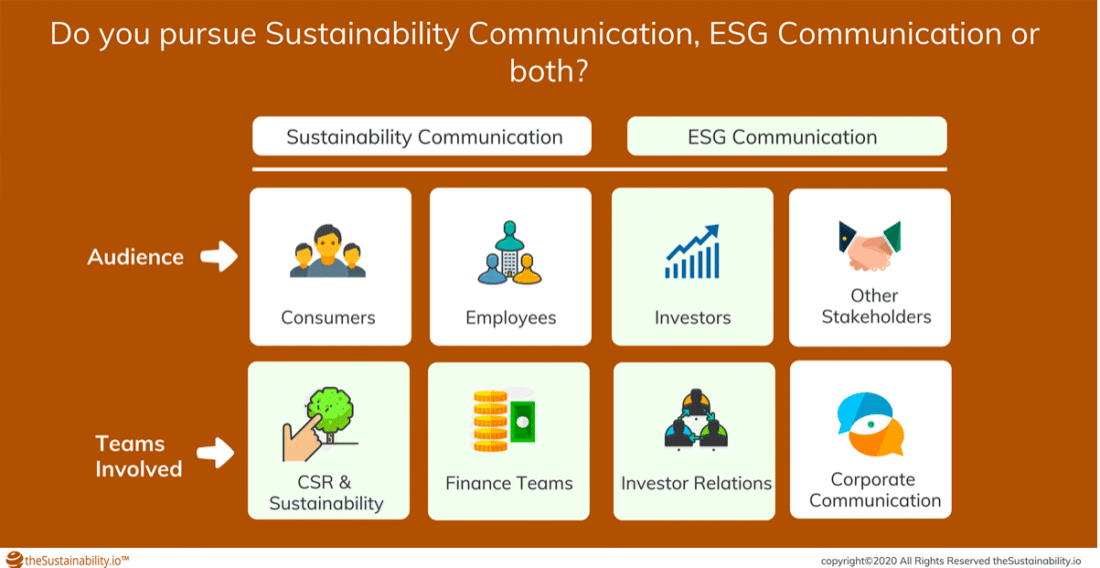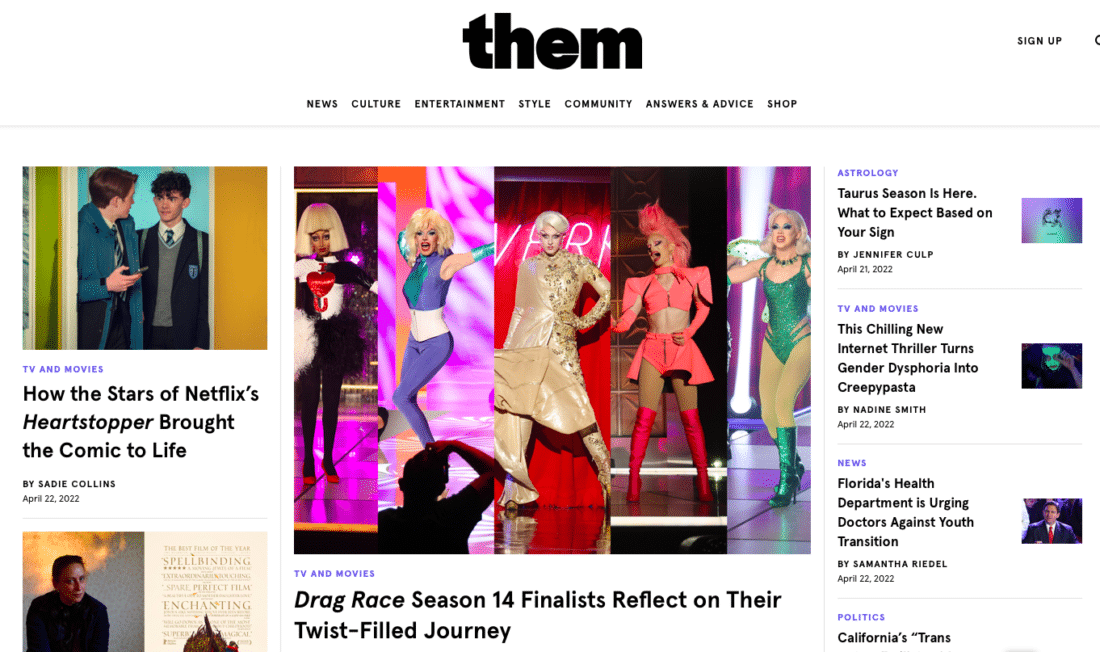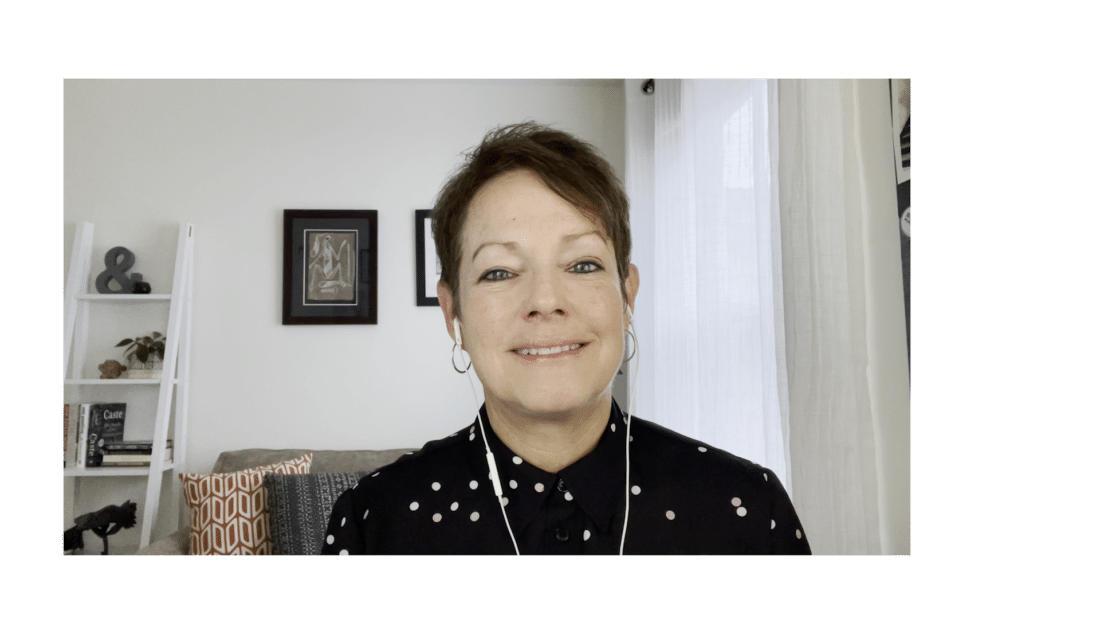If you say that this needs to happen in society, what are you doing inside your own four walls?
Sandy Skees is EVP/Global Lead, Purpose & Impact, JEDI (Justice, Equity, Diversity, Inclusion) Advisory Services at Porter Novelli. The group helps brands integrate purpose and intention into their programs with compelling communications to deliver real organizational change.
As a sustainability strategist, Skees has worked with corporations, associations and NGOs on issues from equity and renewable energy to supply chain. She sits on numerous boards and is also an Advisory Board member of The Diversity Center.
In this episode of Velocitize Talks, Skees shares how companies can become more inclusive, effectively communicate what they are doing, and, ultimately, be held accountable.
Capturing Hearts and Minds (1:30)
What we’re really talking about when it comes to climate change and a fair society is behavior change, which starts with changing minds and hearts.

Awareness-based systems change refers to the practice of understanding how to consciously create societal transformation. In order to address our biggest challenges, like climate, diversity and social issues, people have to change their behaviors. Companies invested in meaningful change, then, can help facilitate solutions with their stakeholders to tackle some of these challenges. This can also increase accountability in marketing.
Companies need to create solutions and share those solutions through compelling communication in order to influence stakeholder behaviors. “If we’re going to meet the challenges of our times, these kinds of programs and approaches and strategies that need to be deployed need smart and compelling communications,” says Skees.
Effective communication also requires companies to develop messages and activities to influence individual, family and peer networks; this includes community and social/structural groups as well. According to Skees, technical skills associated with developing strategy and programmatic approaches “won’t be deployed successfully without smart communications.”
Beyond Gender Marketing (1:57)
We’ve seen an increase from about 63 percent to 68. People want companies to stop gendering things.

Consumers are looking for companies to advance a more inclusive gender-neutral narrative when it comes to products and services, according to a 2021 Porter Novelli gender study. The gendering of items is antiquated. In fact, many in science and society agree that gender is non-binary and the terms male and female are labels. “There isn’t just this hard line—there are men and there are women, there’s male and female—in fact, biologically there’s a lot of fluidity between those two ends of the spectrum,” Skees says.
In addition, the act of creating gender-specific products is off putting to consumers who are actively seeking out products that are not gendered. “What consumers are saying is, stop advertising to me in that way and stop putting those products in front of me,” says Skees.
Although many people are looking for ungendered products for gifts and for themselves, they have a hard time finding it. Therefore companies have the opportunity to differentiate and meet customers across the spectrum. “Let’s question the assumptions we have about the characteristics we assume a gender is going to give us in a customer or a reader or a viewer,” says Skees.
Communicating Impact (5:08)
You need a communications plan that has a steady drumbeat of the progress you’re making; the anecdotal stories that demonstrate and illustrate the progress you’re making; or the kind of creativity and innovation you’re bringing to these problems.

Companies have an opportunity and an obligation to engage with the urgent needs of our planet. In fact, stakeholders are demanding it. Gone are the days when companies could focus solely on pleasing shareholders as this leads to blowback from consumers and employees.
“All stakeholders are expecting businesses to do better,” says Skees. “That means working on initiatives that restore the health of our planet and ensure that the fabric of our society is stable and steady and true.” This requires investing the time and resources to improve local communities.
In addition, companies need to make that information easily available through ongoing marketing and communication strategies—not just in an annual report or board meeting.
Accountability in Marketing (8:16)
Gen Z in particular will look at your commitments, then find evidence that you’ve met them.

Performative activism has become a phrase you don’t want associated with your company. It means that you outwardly say one thing, but you don’t practice what you preach within your organization. Skees calls this the say-do gap. “You’ve got to be careful that your say doesn’t get a hold of your do,” she says.
For instance, younger generations are now demanding companies be a change for good in our world. “What are you doing inside your own four walls to ensure that you’re breaking down the systems of discrimination that are inside your own company?” asks Skees. According to a Porter Novelli study, two-thirds (66%) of Gen Zers believe it is no longer acceptable for companies to be silent on issues of social justice. And nearly three-quarters (72%) believe companies bear more responsibility than ever to advance these pressing issues.
All About Them (10:59)
If you want to become more attuned and aware of what’s happening in the LGBTQ and the gender fluid space, subscribe to [them].

A property of Condé Nast, them.us is a digital LGBTQ+ platform and an award-winning authority on the LGBTQ+ community. Its coverage includes LGBTQ+ culture, fashion and politics, and how LGBTQ+ people everywhere are reshaping the world. Additionally, if you want to learn more about “them,” you can sign up for its newsletter.
To learn more about Porter Novelli, check out their website and follow them on LinkedIn, Facebook, Instagram and on Twitter at @PorterNovelli. To stay up to date with Skees, follow her on Twitter and LinkedIn.





Join the conversation